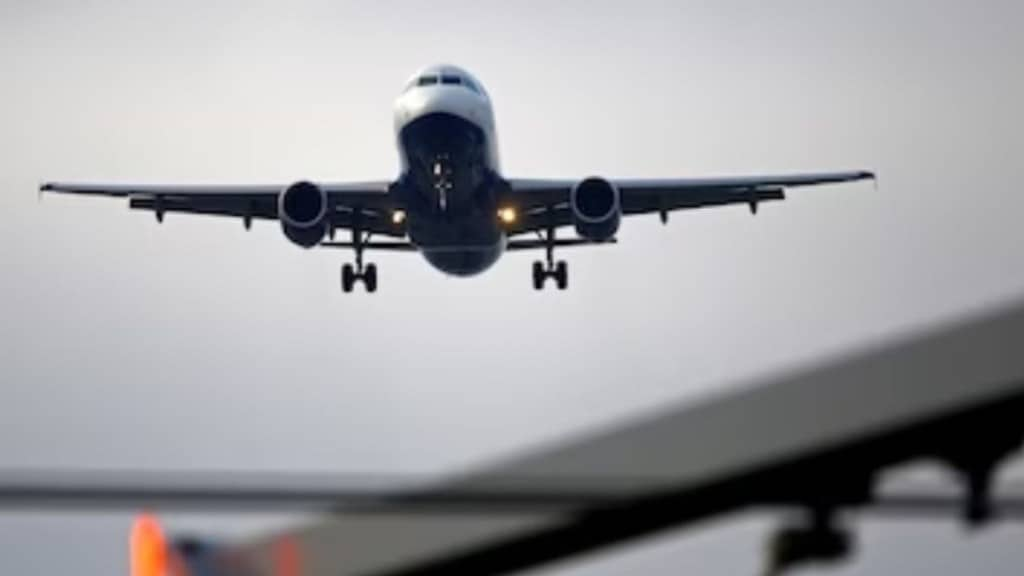Days after Spirit Airlines filed for bankruptcy and began restructuring, another airline, Verijet, a private jet startup, filed for Chapter 7 bankruptcy in Florida’s Southern District Court. The filing comes just weeks after the sudden death of founder Richard Kane and mounting lawsuits against the company.
Verijet files for bankruptcy
Verijet, the company once celebrated as a tech-savvy innovator in luxury air travel, is reportedly over $38.7 million in debt. All operations and flights are cancelled until further notice, Forbes reported. The company started its operations in 2020 during the COVID-19 pandemic. Verijet operated short-distance flights across the US using single-engine Cirrus SF50 Vision jets. By 2023, the airline started flying internationally, to the Bahamas, the Dominican Republic, Turks and Caicos, and the Cayman Islands. That year, it ranked as the 13th-largest US operator for charter and fractional flights.
Unlike Chapter 11, which allows companies to restructure and continue operating, like Spirit, Chapter 7 bankruptcy means direct liquidation. Verijet’s filing shows that the company will not resume flights. For customers looking to recover funding, the process could be lengthy and complex.
According to Forbes, Verijet’s revenue primarily came from jet cards, which are prepaid flight hours sold to individuals and businesses. This was in addition to debts to aircraft lessors, insurance companies, and other creditors. Judge Migna Sanchez-Llorens said, “Verijet, Inc. and Richard Kane knowingly or recklessly failed to provide complete and current information and records to which the judgment creditor was entitled.”
Financial woes and liabilities
The bankruptcy filing, according to Yahoo Finance, shows that Verijet had only $2.5 million in assets, most of which came from an insurance claim, while its debts totalled $38.7 million. Other assets were minimal, including just $200 in office furniture, and the company had no cash on hand. Eighty-one jet card holders lost a total of $10.5 million in prepaid flight credits. Some had more than $450,000, and the largest single balance was $728,000.
Verijet had faced legal trouble for some time. In November 2024, a customer sued the airline after buying a 50-hour jet card for $147,812, accusing the company of “numerous delays, cancelled flights, and countless excuses”.In April 2025, another customer won a $328,000 default judgment for flights that were never delivered.
2025 started with high hopes for the air travel industry, but the reality fell short for many airlines. By September, two Scandinavian carriers, Play and Braathens Aviation, abruptly stopped their operations, leaving travellers stranded in airports around the world. Earlier, smaller airlines such as Ravn Alaska, Air Belgium, and Malaysia’s SKS Airways also vanished from the market. Even big names like WizzAir and Qantas shut down their Abu Dhabi and Singapore operations.


